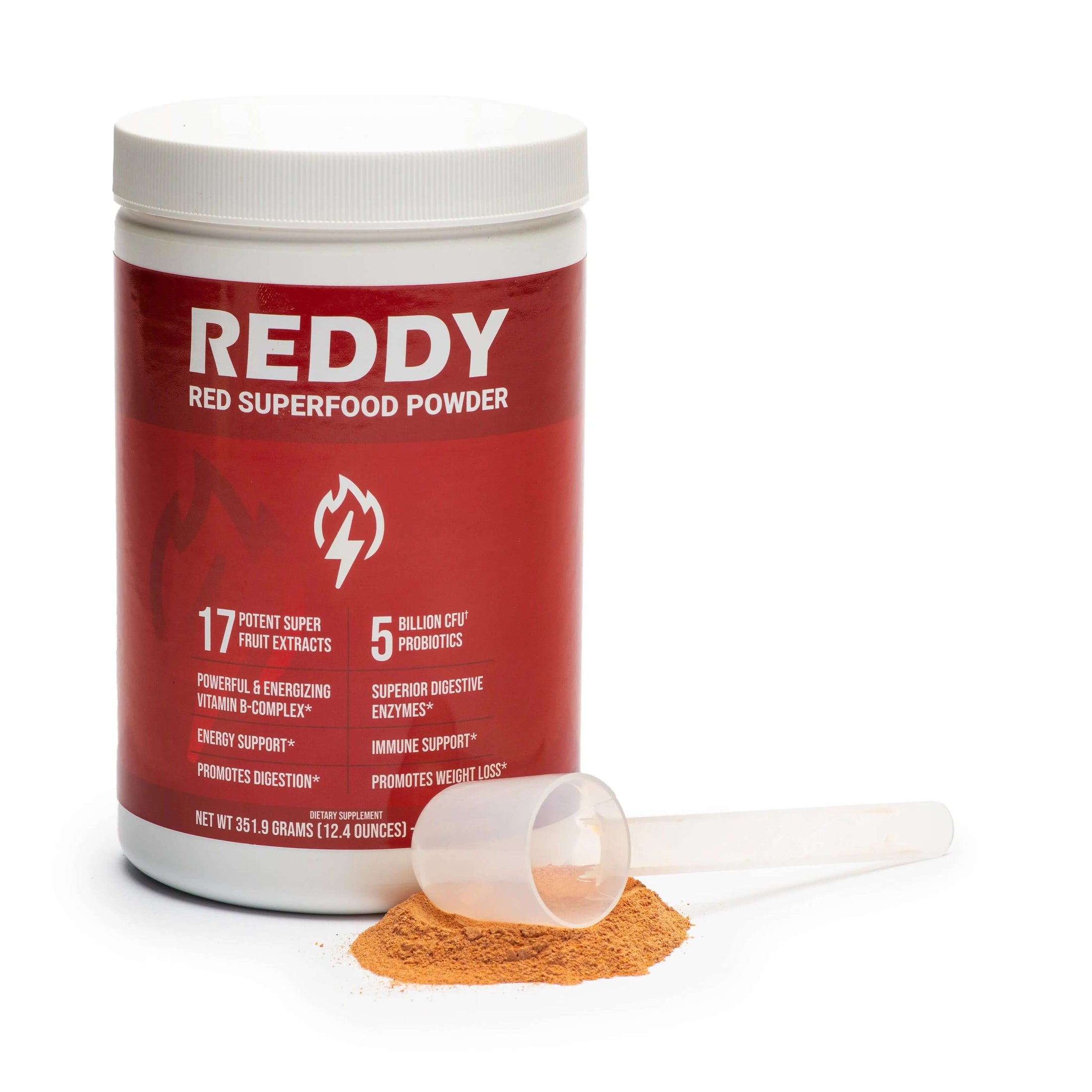In our fast-paced world, it's not uncommon to find yourself feeling drained and low on energy. But why does this happen? The answer isn't always straightforward. It could be a complex blend of physical, emotional, and environmental factors. Understanding these elements and how to address them can make a significant difference in your energy levels and overall well-being.
The Emotional Connection
First, let’s acknowledge the emotional component. Stress, anxiety, and even day-to-day worries can take a toll on your energy levels. Our minds and bodies are intricately connected, and when our emotions are in turmoil, our physical energy often plummets. This emotional drain is more than just feeling tired; it's a deep-seated exhaustion that sleep alone can't fix.
The Physical Aspect
Physically, numerous factors could be at play. Lack of quality sleep, poor dietary habits, insufficient exercise, or underlying health issues can all contribute to low energy levels. Nutrition plays a pivotal role here. The fuel we give our bodies profoundly impacts how we feel and function.
The Power of Nutrients
Consider some natural ingredients known for their energy-boosting and health-enhancing properties:
- Grape Skin Extract: Rich in antioxidants, it helps in combating oxidative stress, which is often a hidden culprit behind fatigue.
- Turmeric Root: Known for its anti-inflammatory properties, turmeric can help reduce bodily discomfort, potentially leading to better energy levels.
- Beet Root Powder: A natural source of nitrates, beetroot improves blood flow, thereby enhancing stamina and endurance.
- Acai Berry: This superfood is packed with nutrients and antioxidants, aiding in energy production and overall vitality.
These are just a few examples of how natural ingredients can support your energy levels. Integrating foods rich in these components into your diet can be a game-changer.
Lifestyle Adjustments
In addition to dietary changes, lifestyle adjustments are crucial. Regular exercise, even something as simple as a daily walk, can boost energy levels. Quality sleep is another non-negotiable aspect. Creating a sleep-conducive environment and maintaining a regular sleep schedule can significantly impact your energy.
Emotional Wellness
On the emotional front, practices like mindfulness, meditation, and stress-management techniques can be invaluable. These practices not only help in managing stress but also improve the quality of sleep and overall energy.
The Role of Supplements
While whole foods are the best source of nutrients, supplements can also play a role in filling nutritional gaps. For instance, incorporating a supplement that includes a blend of energy-boosting and health-improving ingredients might be beneficial, especially for those with hectic lifestyles.
Conclusion
Low energy is a multifaceted issue, often requiring a holistic approach. By understanding the emotional, physical, and nutritional factors involved, you can start making changes that have a real impact. Nurturing your body with the right nutrients, caring for your emotional well-being, and making lifestyle adjustments are all steps in the right direction. Remember, every small change can lead to a significant improvement in how you feel each day. Your journey to increased energy and improved well-being is just as important as the destination.























